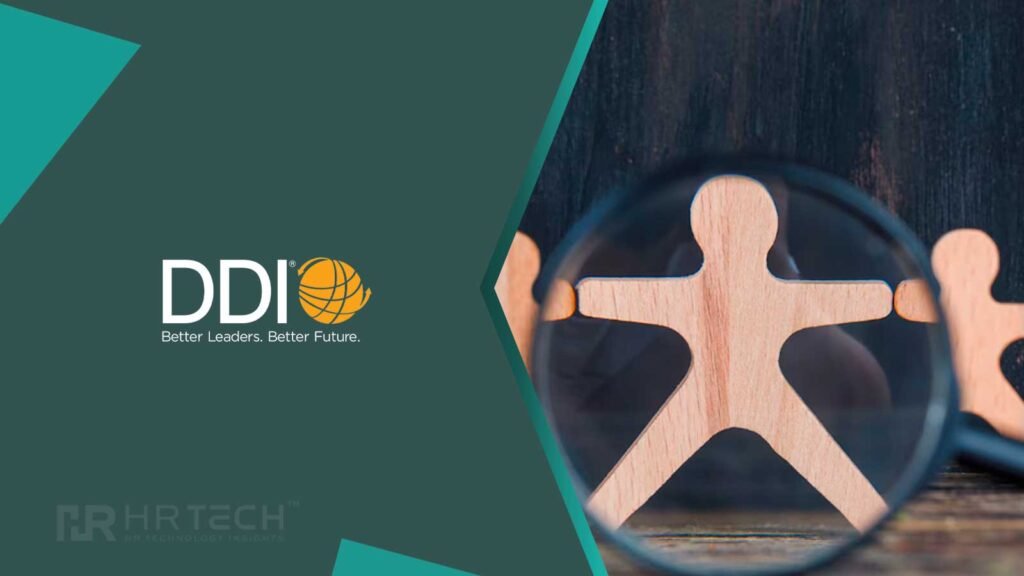As turnover slows amid economic volatility, CHROs are shifting toward building internal capabilities rather than hiring.
DDI, a global leadership company, released its 2025 HR Insights Report, exploring trends in HR priorities, learning & development ROI, and leadership pipeline challenges such as “conscious unbossing.” Part of the largest and longest-running global leadership study, the research is based on responses from 2,185 HR professionals and 10,796 leaders.
Against the backdrop of tariff uncertainty, market volatility, and AI job insecurity, 75% of senior HR leaders report that turnover has stagnated or decreased over the past year. That means HR is turning its focus inward: 50% of CHROs ranked developing talent capabilities as their #1 business priority, and hiring the right people into the organization moved to their lowest priority. While HR recognizes the importance of strengthening leadership pipelines, most organizations are struggling with succession planning. On average, only about half (49%) of critical business leadership roles in organizations could be immediately filled by internal candidates.
HR Technology Insights: Workerbee Gains Investment to Boost AI Hiring Tech
“Leadership is becoming a tougher job every day, and CHROs are uniquely positioned to help leaders rise to the challenge,” said Tacy M. Byham, Ph.D., CEO of DDI. “While organizations can’t control the deluge of external challenges they face this year, strategic HR executives can build resilience by using trusted people analytics to forecast needs, build their bench, and reinvigorate the next generation of leaders.”
Other notable findings from the report include:
- Gen Z Walks From Weak Leadership: Amid a generational shift in expectations for leadership and the rise of “conscious unbossing,” Gen Z is significantly more likely than other generations to quit due to poor leadership. Half of Gen Z employees who perceive leadership as low quality said they intend to leave their organization within the next year (compared to just 19% of employees from other generations).
- HR’s Evolving Role – The Rise of the Strategic Anticipator: When organizations leverage HR as a strategic “Anticipator” – rather than a “Reactor” – they have 33% higher leadership quality and 2X higher odds of top financial performance.
HR Technology Insights: Phoenix COO Raghu Krishnaiah Joins World Summit AI
- Without Diagnostic Assessment, eLearning ROI Falls Short: Online learning libraries – used by 67% of organizations – have the lowest ROI rating of any learning & development method, with 63% of companies seeing poor return on their investment. On the flip side, 54% of companies using assessments to diagnose leaders’ strengths and development needs report strong ROI, making it the most effective method.
- HR Seeks To Measure Behavior Change in the Era of Upskilling: As organizations grapple with AI adoption and an accelerated pace of change, 86% of HR respondents expect an increased need to develop new leadership skills and capabilities over the next five years. Yet, HR teams say their biggest challenge to implementing leadership development programs is measuring success, with 78% of HR looking to “behavior change” as their preferred proof of development success.
“HR is under increased scrutiny to demonstrate ROI, as organizations navigate economic uncertainty, evolving talent needs, and AI change management challenges,” said Stephanie Neal, director of DDI’s Center for Analytics and Behavioral Research. “CHROs are making a pivotal shift to develop talent capabilities within. Those who leverage deliberate, data-driven development are 3.7X more likely to turn internal potential into performance-ready leadership.”
HR Technology Insights: CodeSignal Unveils GenAI Academy to Upskill Talent
To participate in our interviews, please write to our HRTech Media Room at sudipto@intentamplify.com
Source: PR Newswire



